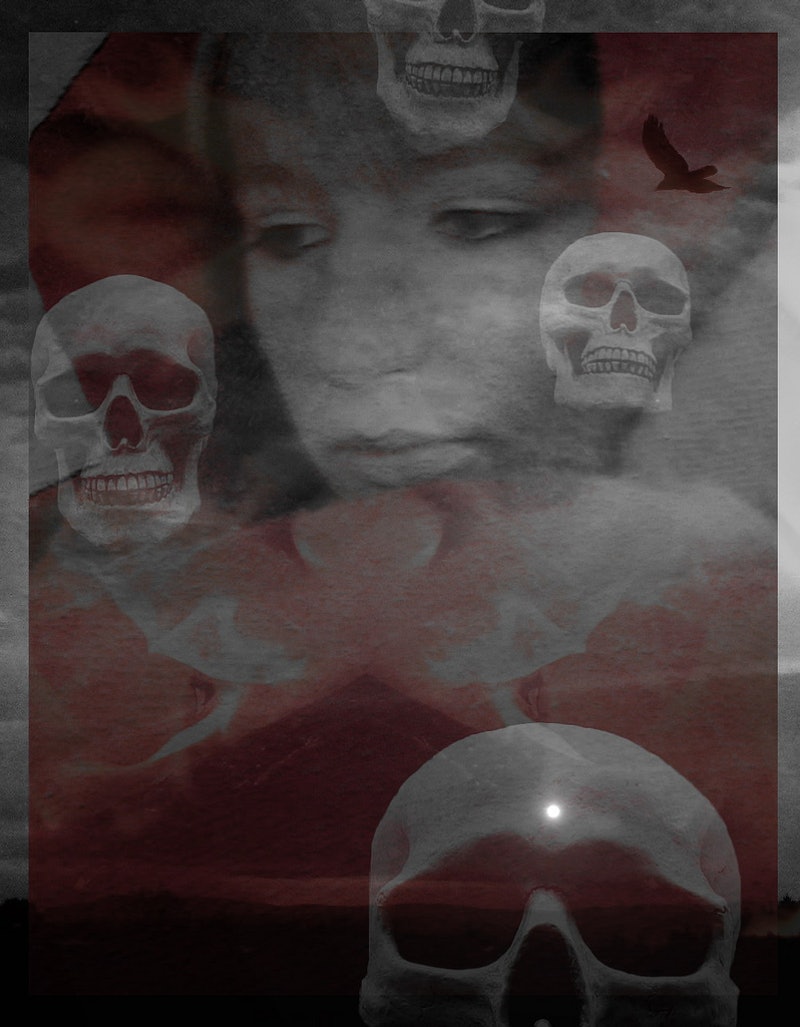Life
The Problem With Saying You're Depressed

It can be hard enough for adults with depression to be taken seriously. But depressed teens face an extra obstacle: The fact that nobody takes their emotions seriously anyway. "I am so frustrated with all of the people around me who cannot differentiate between angst, PMS and mental illness," writes 16-year-old Elise Jamison in a HuffPost Teen essay about living with depression. And she wants to educate other teens (and adults) about the difference.
"As teens, we love to exaggerate," writes Jamison. "Every good day is the best day ever. Every bad day was the worst thing that has ever happened to anyone." (So, wait — we were supposed to have grown out of that?) Because of this tendency toward hyperbole, it can be hard for parents, teachers, and doctors to figure out what's normal sadness and what approaches the level of a mental health issue. And compounding this confusion is the fact that "it seems every teen with Twitter has a PhD in psych."
The second we have too much caffeine before school and can't focus in calc, we totes have ADHD. Oh, your friend doesn't like when her room is messy? Oh my God, complete obsessive compulsive freak. God forbid we have a day where everything goes wrong. Clearly we are clinically depressed. These exaggerations may seem harmless but they are desensitizing us to, and sometimes even inadvertently making fun of, actual mental illnesses ... We need to get some real info on this subject, and stop diagnosing ourselves and each other at the drop of a hat.
Of course, this phenomenon certainly isn't limited to teens. Plenty of grownups are guilty of being "so depressed" about a fave sports team losing or describing a moody co-worker as "totally bipolar." Jamison is right — it might not be a major matter in the grand scheme of things, but it does somewhat delegitimize or downplay actual mental illnesses. And nowhere can this be seen more often than with depression.
As someone who's had it her whole life, I can attest that people are constantly confusing depression with being sad. When people want to convey that they're reallllly super sad, they say they're depressed. When you say you're depressed, people want to know what you have to be sad about. But depression is not about sadness, at least not in the typical way we think about sadness (as something with concrete causes and cures). Rather, the defining characteristic of depression seems to be hopelessness. Maybe this difference seems minor to you, but it's a pretty key distinction for those with clinical and chronic depression. For the sake of depressed teens and adults, keep that in mind?
Image: Hartwig HKD/Flickr